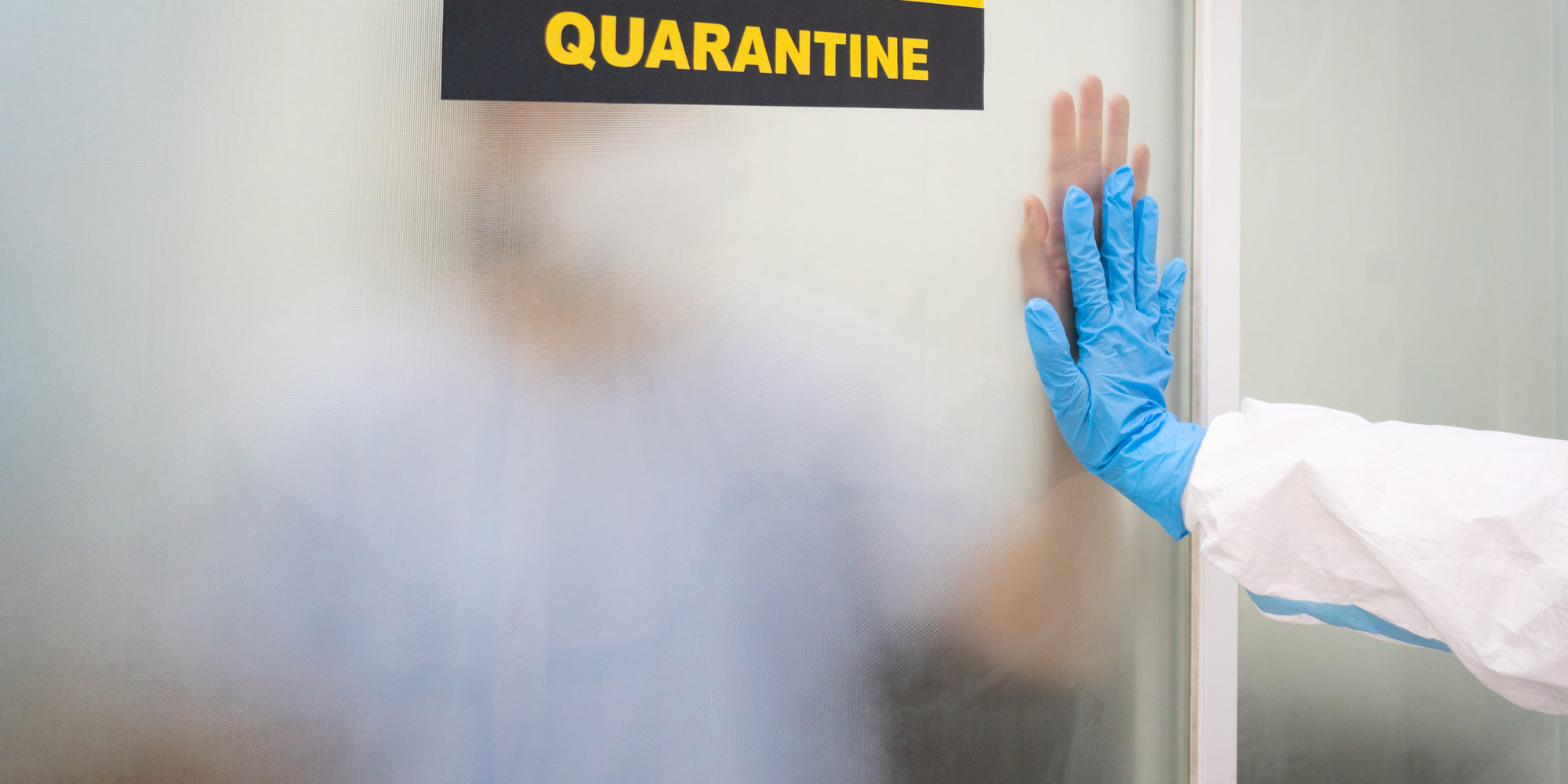Across the U.S., an increasing number of people have begun to return to work. As the rates of COVID-19 infections decline or flatten, more states are relaxing their guidelines and allowing businesses to reopen or increase their capacities. However, people still have a risk of contracting COVID-19, and some workers might refuse to return to their jobs because of the risks to their health. Because of the risks, some employees wonder whether they can refuse to go back to work without risking their jobs. Here is some information from Swartz Swidler about this issue.
OSHA regulations
Under the Occupational Safety and Health Act, employees are allowed to refuse to work when their workplaces are so hazardous that they present an imminent danger of serious injury or death. All of the following must apply for employees to refuse to work and to be protected from retaliation:
- The worker asked the employer to correct the hazard, but the employer refused.
- The employee’s refusal to work was made in good faith under a true belief in the existence of imminent danger.
- A reasonable person in the same situation would agree that the danger poses a real danger of causing serious injury or death.
- The hazardous condition is urgent enough that there isn’t enough time for it to be corrected through regular means of enforcement such as an OSHA inspection.
It is unclear whether COVID-19 would be considered an imminent danger in the workplace since it is not unique to a person’s job or caused by the duties involved themselves. Employers also cannot do anything to completely eradicate the risks of COVID-19 in the workplace. If you do refuse to work because of fears of COVID-19, your employer is not required to pay you during your absence.
Unemployment and choosing to be laid off
Under guidance from the U.S. Department of Labor, employees who are laid off because of COVID-19 may qualify for unemployment if one of the following applies:
- The employee’s workplace is temporarily closed because of the pandemic.
- The employee is placed under quarantine.
- The employee refused to work because of the potential for being exposed to the virus.
- The employee cannot work because they have to take care of a family member with COVID-19 or a child whose school is closed because of the pandemic.
You will also need to check your state’s unemployment rules to determine your eligibility, your payment amount, and the length of time you will be eligible for benefits.
If you quit your job, you must be able to show good cause before you will be eligible to receive unemployment benefits. Some reasons that might amount to the good cause include the following:
- The risk of exposure to COVID-19 at your job is so great that your health is endangered.
- You had to quit to take care of your sick family member who is infected with COVID-19.
- You were forced to quit so that you could care for your children who are unable to attend school because of pandemic-related closures.
The CARES Act made it easier for people to qualify for unemployment benefits, including part-time workers and people who are self-employed. This law initially provided $600 in weekly benefits in addition to any state unemployment benefits you might have received. While the %600 weekly payments ended in July, the law has been extended a couple of times. The most recent extension is scheduled to end on March 14, 2021. However, President Biden is trying to push through a relief package that would extend federal unemployment benefits for even longer if passed.
National Labor Relations Act and refusing to return to work
Whether the National Labor Relations Act might be involved in an employee’s refusal to return to work will depend on if the refusal constitutes protected concerted activity. The National Labor Relations Board recognizes employees as engaging in protected concerted activity when they take action together with other workers or on their behalf about the conditions and terms of their jobs. In most cases, protected concerted activities will involve groups or individuals who are trying to incite action from other employees. It can also include an individual trying to bring a complaint on behalf of a group to the attention of a company’s management. If you are simply acting in your own interests, the NLRA will be unlikely to apply. However, if the action is protected concerted activity, the NLRA may apply even if the workplace is not unionized.
If a workplace does have a union and a collective bargaining agreement, unionized employees may be able to refuse to work because of fears of contracting COVID-19 even when their CBAs include no-strike provisions. Refusing to work because of safety issues can be protected when the job assignment is unusually dangerous. The employees must have a good-faith belief supported by objective evidence that the working conditions are abnormally dangerous before they will be absolved of their obligation not to strike.
A good-faith belief must be both quantifiable and objective. Employees must show by a preponderance of the evidence that the working conditions are abnormally dangerous and that their good-faith belief led to the work stoppage. They must present objective evidence to support their belief and that the danger posed imminent threats to the health or safety of the employees.
Get help from an experienced employment lawyer
If your workplace is unsafe because of exposure to COVID-19, you may want to talk to an experienced employment law attorney before you decide to refuse to work. A lawyer might review your situation and help you to determine the best approach to take. If your employer has retaliated against you for taking protected leave under the OSH Act or the NLRA, your attorney may help you to file a claim against your employer to protect your rights. Contact the attorneys at Swartz Swidler today by calling us at (856) 685-7420.






